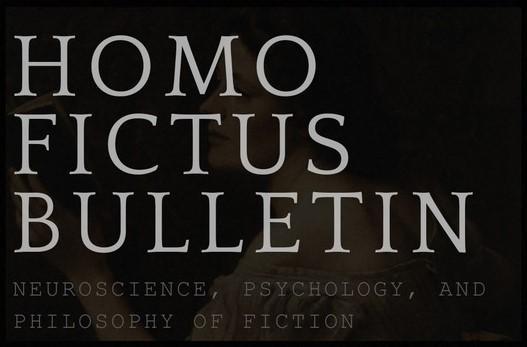Every day, many of us immerse ourselves in fiction for enjoyment, whether through reading, watching, or listening to stories. Some of us even have a particular interest for specific genres like Science-Fiction (Sci-Fi). Sci-Fi is fascinating, sparking discussions about how enjoyable and beneficial it can be for audiences (check here for more). But with all this interest, there are still big questions hanging around: is there solid empirical evidence supporting the idea that exposure to Sci-Fi is indeed beneficial? And if there is, which ability could it affect? Does this impact hold true across all demographics?
To explore these questions empirically, I would direct your attention to the findings from a recent study by Veronica Marozzo and her colleagues (2024) from Italy. Their research promises illuminating insights.
Study overview
Marozzo and her colleagues conducted an experiment to determine whether exposure to a short Sci-Fi TV series could affect viewers’ creativity. Their experiment specifically aimed to investigate how individual academic preferences, particularly a preference for STEM subjects (Science, Technology, Engineering, and Mathematics), influenced the impact of exposure to a short Sci-Fi TV series on viewers’ creativity. Furthermore, they investigated divergent thinking, which entails generating numerous novel ideas.
To find the answers,
Marozzo et al. (2024) recruited 204 university students who either had a STEM background or a non-STEM background (i.e., other disciplines). They were randomly assigned to one of two experimental conditions, in which they either watched a 45-minute Sci-Fi TV series or a 45-minute non-Sci-Fi TV series.
In the Sci-Fi series condition, participants were presented with a TV series depicting humanity’s colonization of the solar system in a distant future era set in deep space, delving into the socio-economic dynamics and conflicts among various factions. In the non-Sci-Fi condition, participants watched a TV series about the experiences of workers on a offshore oil platform after an explosion, focusing on their struggles and the risks they encounter.
After watching, all participants were asked to complete a task. In this task, participants were presented with a problem of a social nature (i.e., the management of a waste process). After delivering the task, participants were asked to generate as many solutions and ideas as possible that could improve the problem (i.e., divergent thinking). Participants were also informed that the ideas and solutions should not already be present in their hometown.
Thus, the researchers instructed the participants to generate ideas and solutions to the problem as an index of divergent creativity. In terms of scoring, researchers proposed four criteria: 1) originality (uncommon ideas compared to overall responses); 2) fluency (the number of relevant ideas); 3) flexibility (in how many fields responders provided ideas); 4) elaboration (the amount of detail for each idea). They calculated the mean of creativity.
The interaction of Sci-Fi and academic background
Regarding creativity and individuals’ background, the results showed no significant impact of exposure to sci-fi. However, they found a significant interaction between Sci-Fi and individuals’ backgrounds. Planned analysis showed that participants with a STEM background showed enhanced divergent creativity after watching a Sci-Fi TV series, while participants with a non-STEM background showed less creativity after watching a Sci-Fi TV series compared to a non-Sci-Fi TV series.
Additionally, the study showed a short-term effect of Sci-Fi on divergent creativity, wherein exposure to a 45-minute Sci-Fi TV series could improve participants’ divergent creativity. However, this effect is not consistent across all populations, as individuals with different disciplines showed less creativity.
The reason behind these findings suggests that the Sci-Fi genre may enhance critical thinking in people with a STEM background because of their analytical and problem-solving thinking patterns, while it may not have the same effect on non-STEM individuals due to their preference for realistic and tangible scenarios.
Overall, this study has shown that brief exposure to the Sci-Fi genre enhances creativity. However, the enhanced creativity was not consistent across all individuals, as participants with a STEM background benefited more from exposure to Sci-Fi, while participants with a non-STEM background may not find effective results.
For detailed information, please refer to the original article.
Marozzo, V., Crupi, A., Abbate, T., Cesaroni, F., & Corvello, V. (2024). The impact of watching science fiction on the creativity of individuals: The role of STEM background. Technovation, 132, 102994. https://doi.org/https://doi.org/10.1016/j.technovation.2024.102994
Picture Credit.
Learn more about the surprising link between Sci-Fi and creativity!




